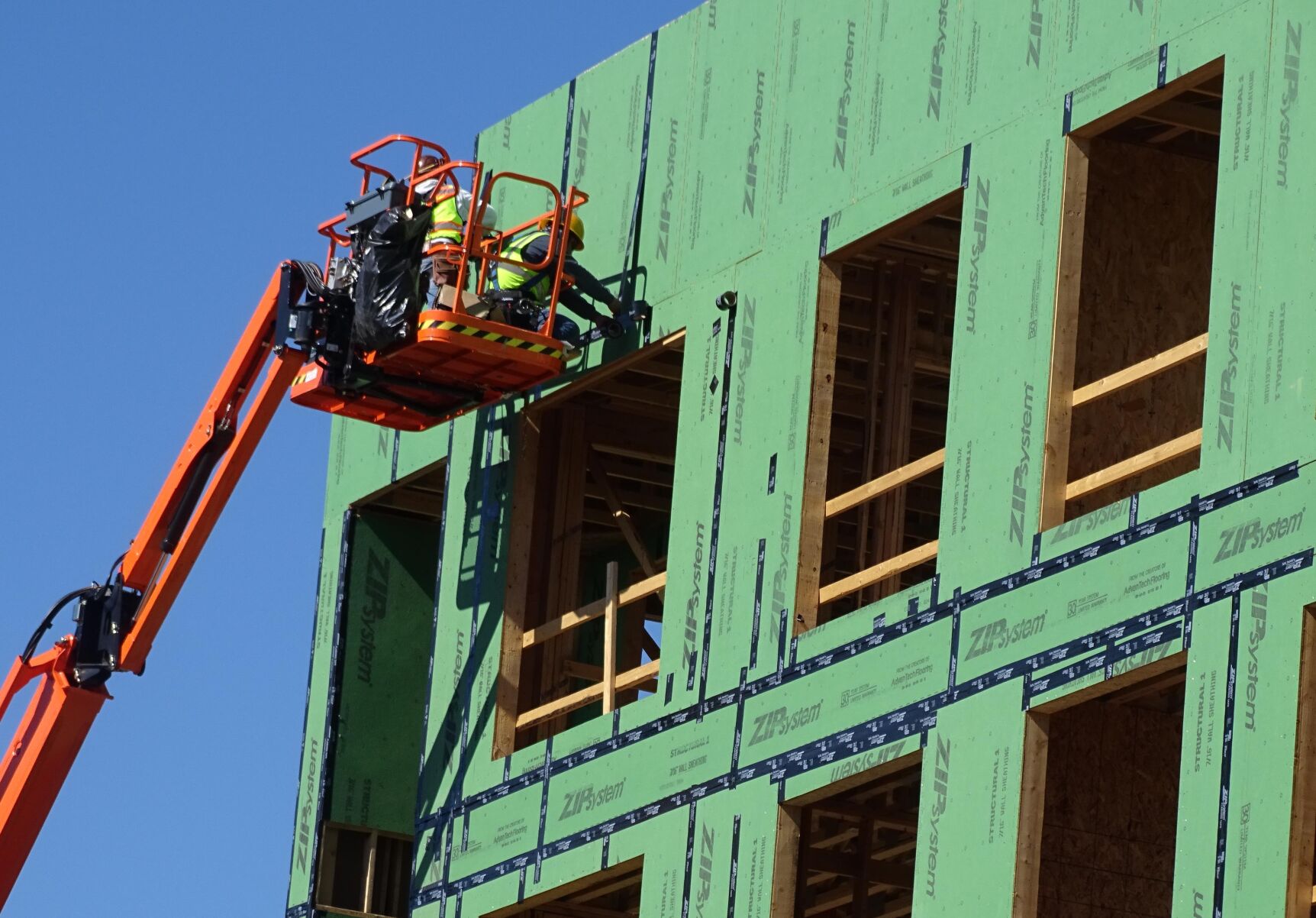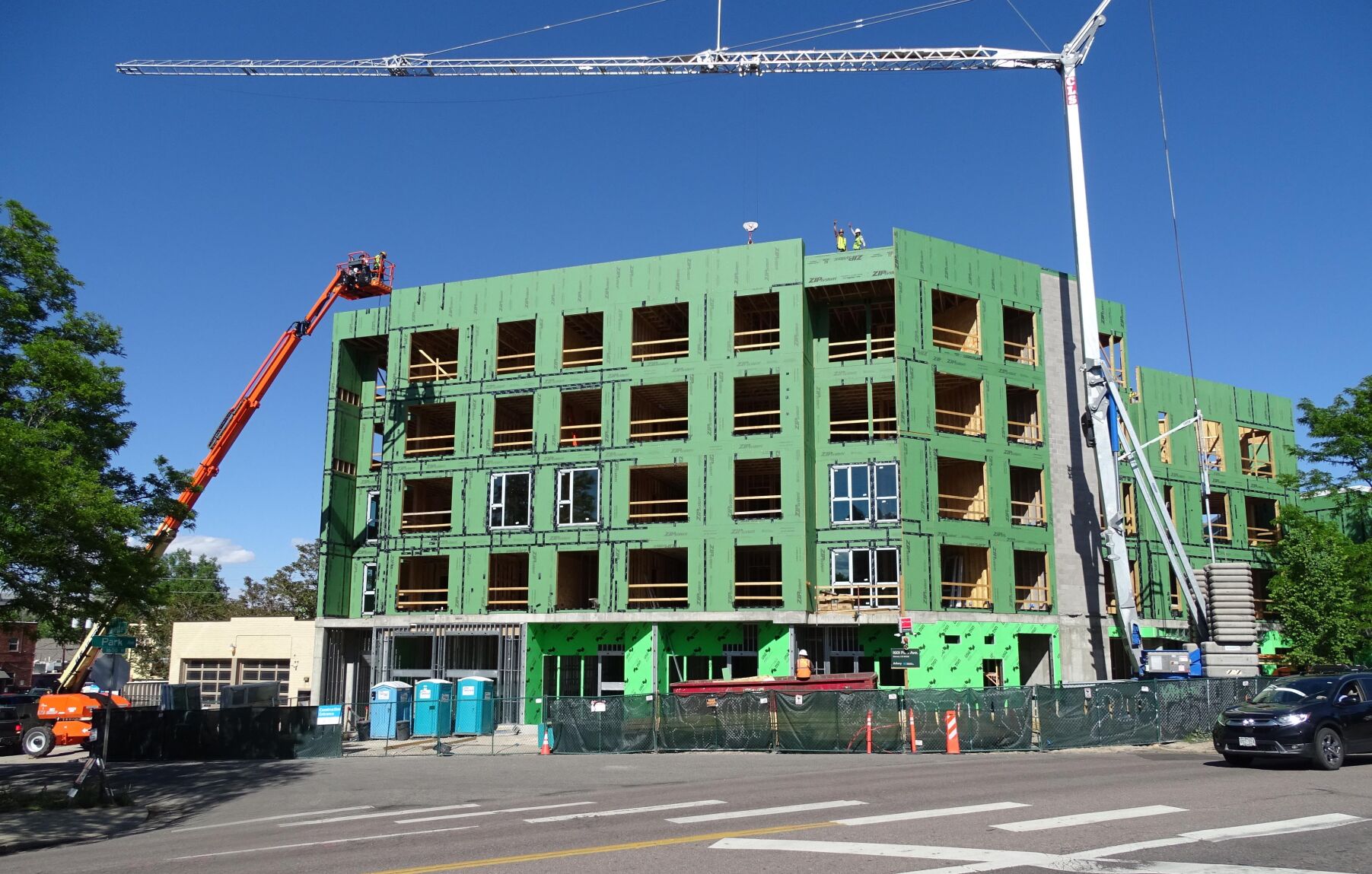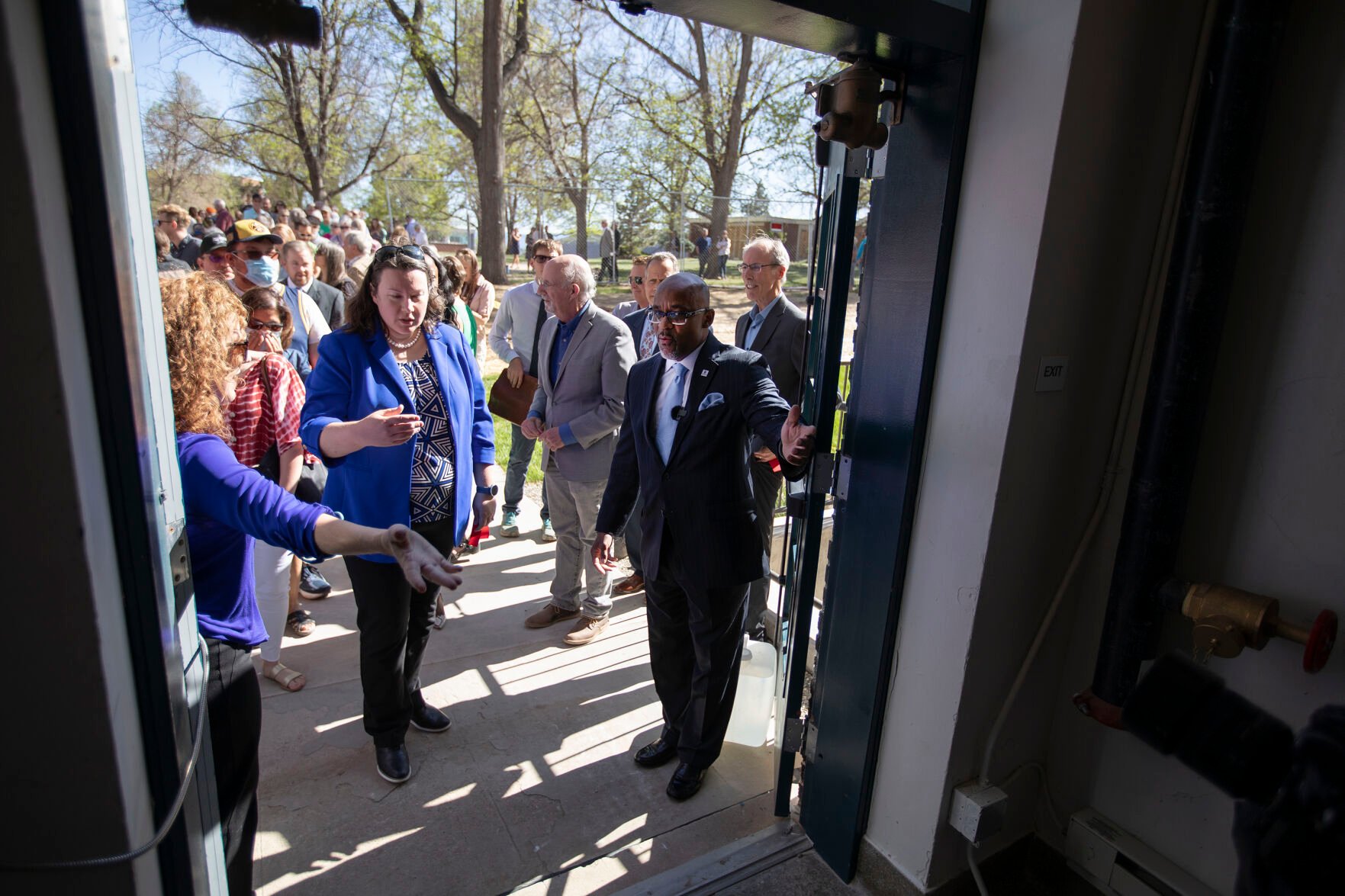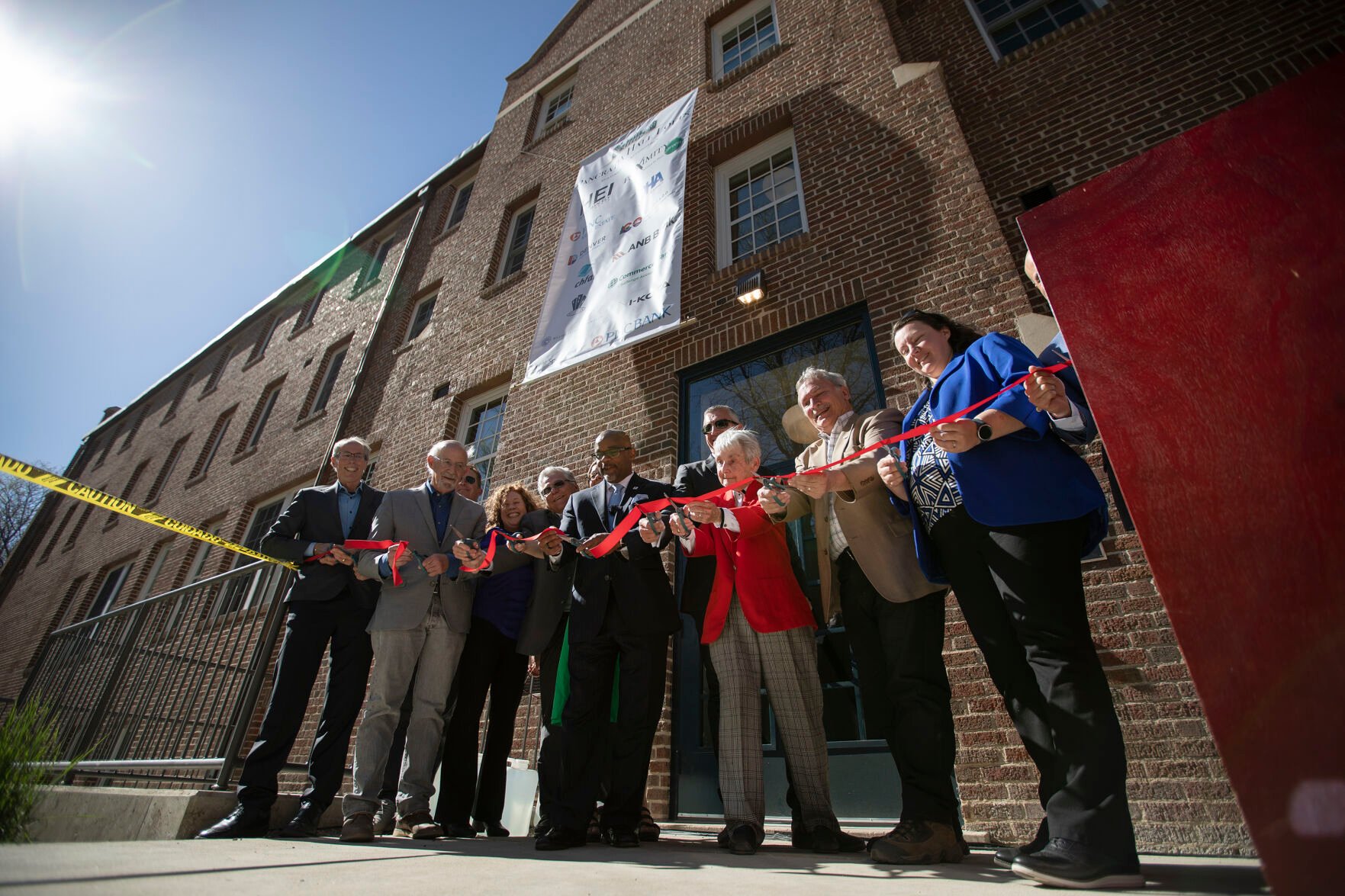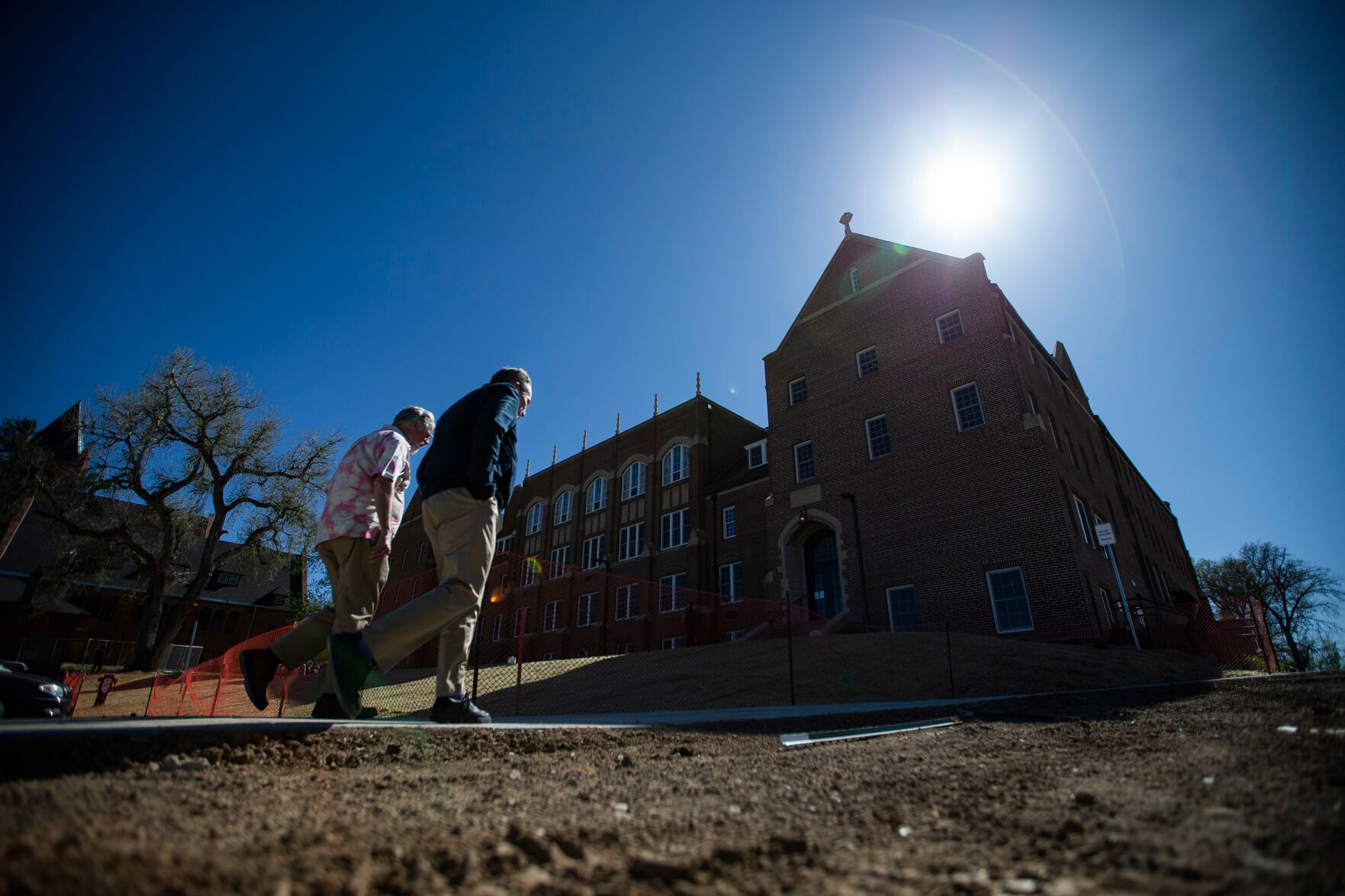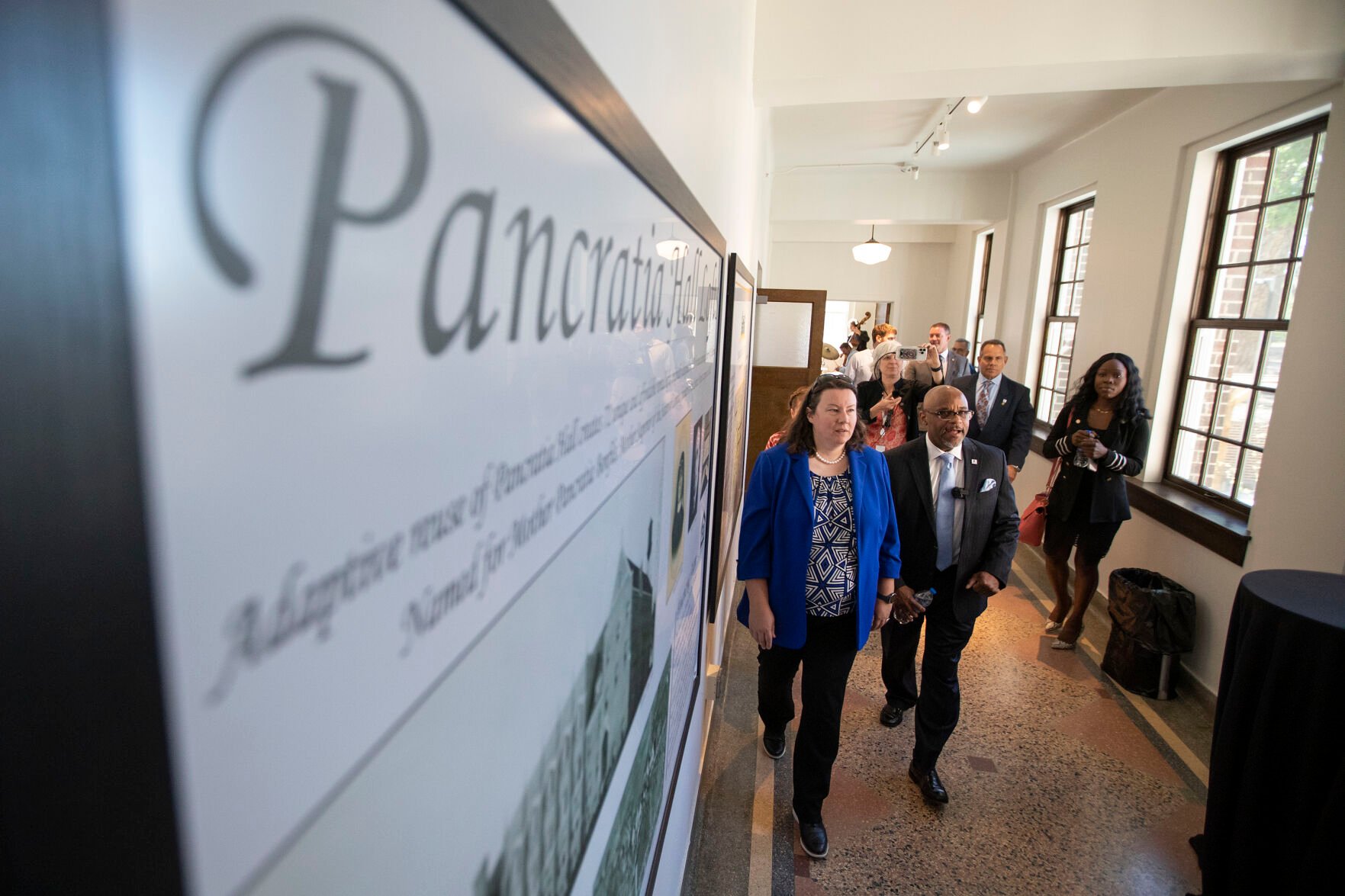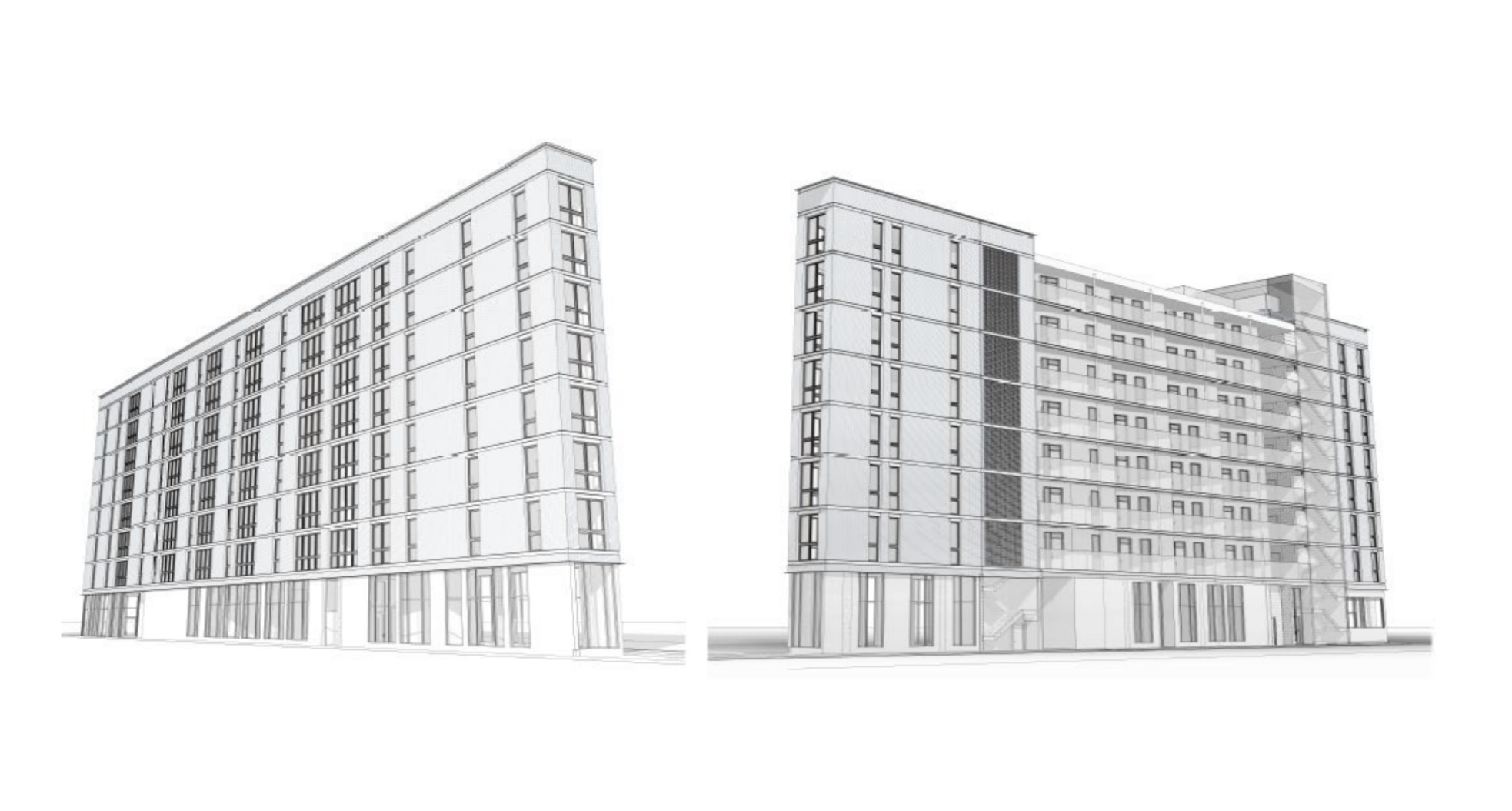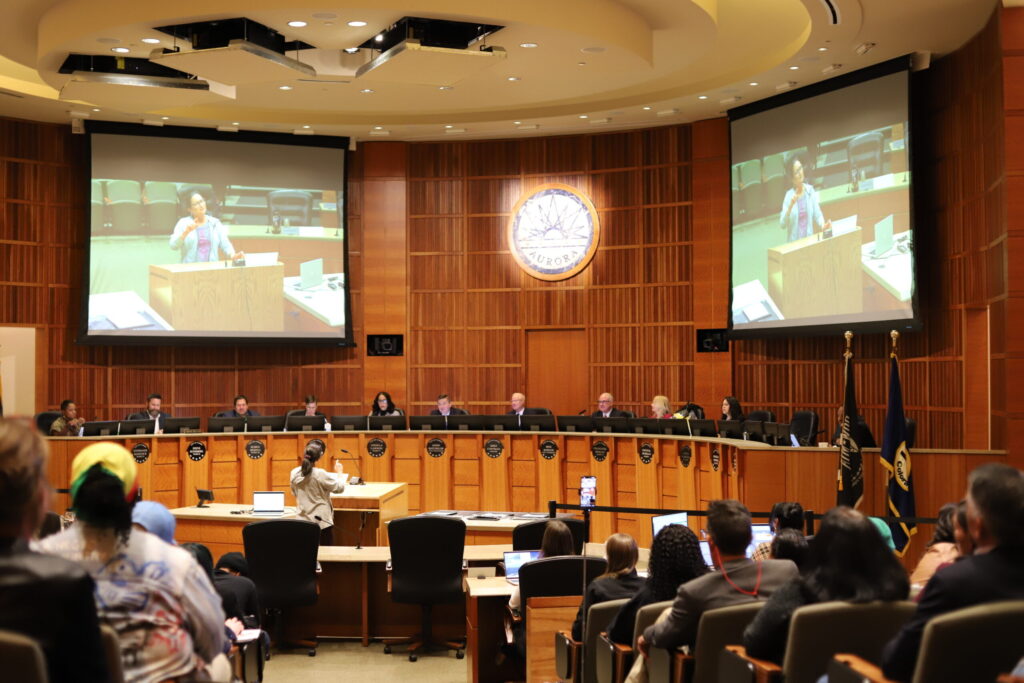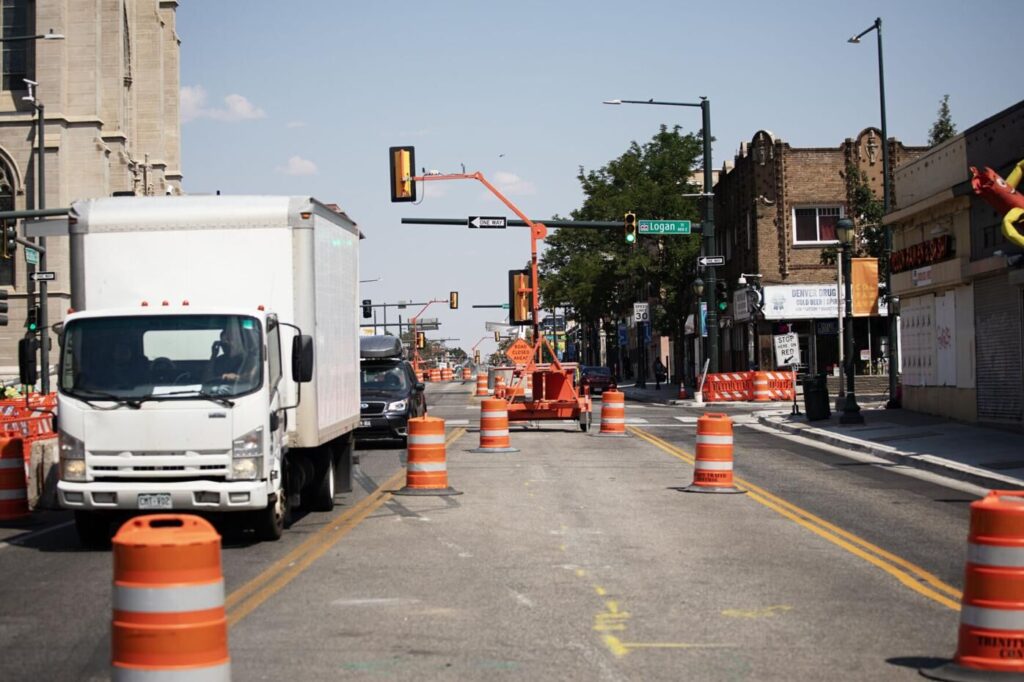COVER STORY | Denver’s permit backlog illustrates challenges amplifying Colorado’s housing woes
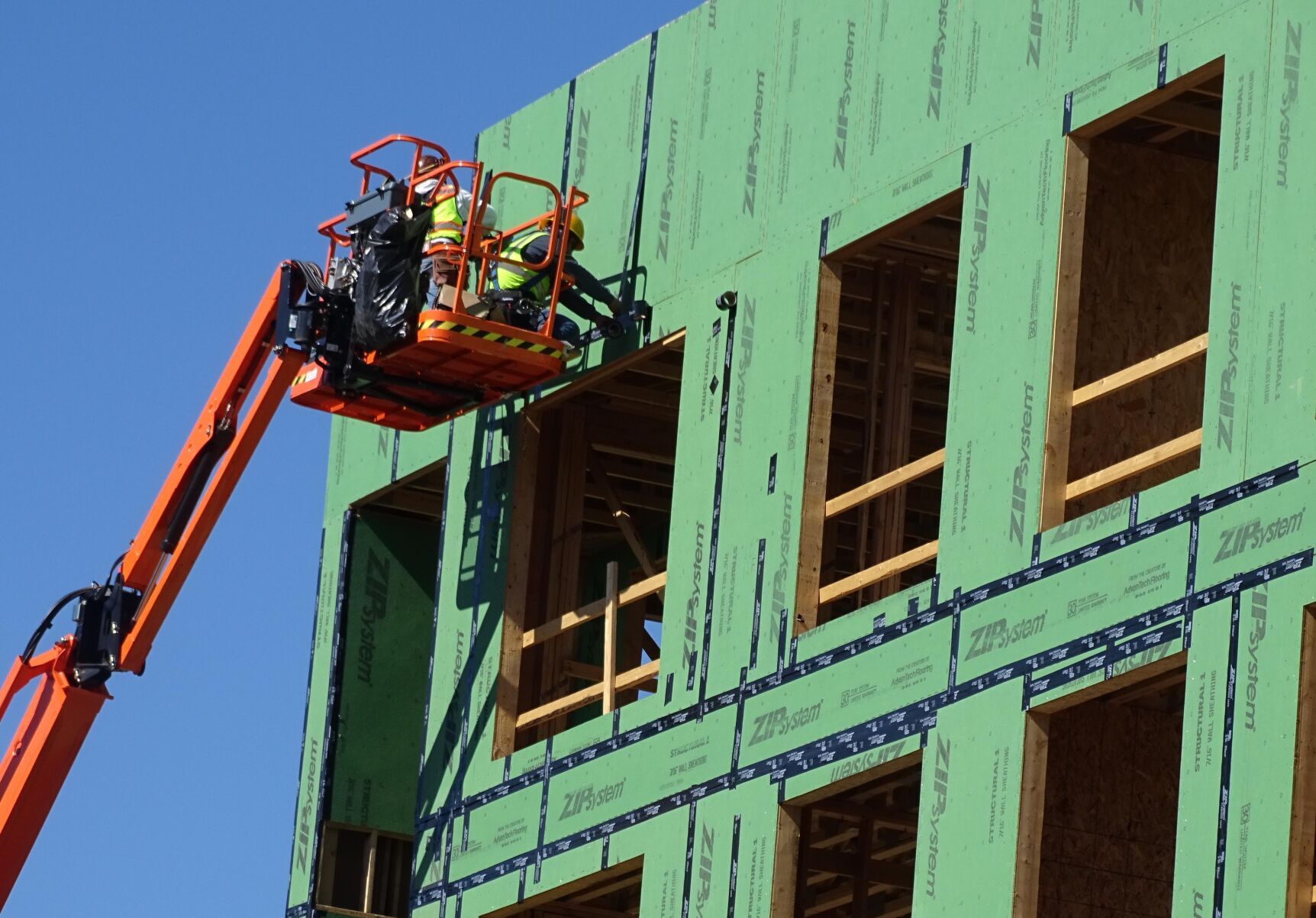
Peter Rueth, a resident of Denver, has been trying to remodel his daughter’s house on Franklin Street.
“Our contractor started the permit process on January 25th,” Rueth wrote in an email to Denver Community Planning and Development and a city council member. “Twenty-three weeks (23) have passed since the initial application submission was made.”
Rueth said her daughter has been unable to occupy the home she purchased seven months ago, and was forced to find a place to rent.
“That rental is no longer available on June 27th,” Rueth said. “So she will be homeless if the remodel work is not complete by then.”
Rueth’s complaint is far from extraordinary. The amount of time it’s taking the city of Denver to approve building permits has grown exponentially in recent months, in some cases over a year, a situation that is only exacerbating the metro’s housing woes.
“You used to be able to say six months from the time you submit before, but now that’s taking over a year for that process,” said Chris Lonigro, president of Generation Constructors, which is currently underway with the 41-unit Arbory City Park West Condos project at Park and 16th avenues. “The hard part is we’ve looked at the market, and any time you have the element of holding a property up it costs more money that’s passed on to the consumer.”
To the city, the problem primarily emanates from staffing shortages even as applications for new projects flood in. But to some construction industry leaders, Denver’s backlog exemplifies an endemic and complicated statewide problem that results from massive overregulation.
In either diagnosis, the problem has worsened housing accessibility woes.
City officials have thrown attempted fixes at the situation, including opening the overtime wallet for plan reviewers and putting out a call for planning consulting firms to do contract work for the city, said Laura Aldrete, director of Denver Community Planning and Development (CPD). They’ve also created a “Review Times Dashboard” website so customers could better track their applications.
Expanding Housing Affordability Guidelines given final Denver council approval
“Nothing is going to be a silver bullet fix to any of these complex challenges we have,” said Aldrete. “We don’t limit the volume of projects coming in – that’s up to the market.”
And Denver’s market has been red hot in recent years.
“It’s just a volume game and the volume is through the roof for the city of Denver,” said Andrew Fairbairn, owner of Service First Permits of Denver. His consulting company works with architectural firms, general contractors and commercial property developers to submit building permit applications.
In 2017, developers and homeowners filed 5,031 applications for new projects. That number ballooned to 7,494 in 2021. In the first five months of 2022, plans for 3,243 have been filed, according to CPD statistics. If that pace continues, 2022 will be another record-setting year for Denver with 7,783 applications.
The problem becomes exacerbated by Denver’s hot-but-cooling housing market. The metro Denver area is in the throes of a housing market where single-family home prices have risen 15-20% in the last year-and-a-half and inventory of available homes has been at historic lows in that same time period.
“Long permitting cycles slow our collective ability to start and deliver homes which reverberates through the local economy and is felt by constituents increasing home prices and pricing more aspiring homeowners out of the market,” Morgan Cullen, director of Government Affairs for the Home Builders Association of Metro Denver, said in an email.
Many factors contributed to the situation in which Denver finds itself. One of the biggest is the COVID-19 pandemic which caused shutdowns of entire industries, such as travel, tourism and restaurants, and sent shockwaves through the economy.
Denver also faced budget cuts, which meant staffing reductions that, in turn, affected the efficiency of delivering routine services, including processing of housing permits.
Without all the sales tax collection from those industries in 2020 and 2021, Denver’s general fund dropped markedly. The budgets of city agencies saw a 4% cut in 2021.
CPD started staff reductions and the hiring freeze in April of 2020. It had been staffed as high as 263 full-time employees in 2018, but that fell to a low point of 240 in April 2021. Those positions started to get restored by July of 2021 when the city of Denver distributed the $308 million it received in COVID-19 recovery funds from the American Rescue Plan Act.
But by then, the permits just kept flowing in – both from new development projects and from people stuck at home who decided to start home improvement projects.
“Think about what we were doing during the pandemic,” Aldrete said. “A lot of us were looking at that bathroom, or kitchen or basement that hadn’t been remodeled in forever. We literally saw a significant increase in those numbers of residential permits.”
Cullen, the lobbyist for the Home Builders Association of Metro Denver, said before 2019, Denver processed intermediate residential projects in two to three weeks, but builders began to see an uptick in permitting timelines since.
He said the city has acknowledged the challenges in providing an expectation for approval only recently, citing a council member as encouraging the city’s CPD to “come back to work so they can better collaborate.”
“Effective collaboration has been lacking – our members are seeing staff comments on latter stages of review that either should have been commented on earlier in the process or don’t relate to the code as written,” he said. “Both situations lengthen the process and increased time translates into increased costs to housing.”
In fact, Cullen said, the wait times for Denver compared to other cities have stood out – and “not in a good way.”
He said for most cities before and through the pandemic, the review period takes about one to three weeks on average. In the last 30 days, the average duration of intermediate residential projects in Denver from its submission to approval has been 118 days.
“These delays need to improve if we are to help meet the growing demand for housing in the city,” he said.
Peter LiFari, executive director of Maiker Housing Partners, which is Adams County’s public housing authority, effectively suggested an overhaul of the permitting process.
“Yes, we are short staffed. Yes, that shortfall is exasperated by a tight labor market,” LiFari told Colorado Politics in a statement. “But the root cause of the issue is massive over regulation driving unnecessary FTE requirements to administer a bloated, broken land use, planning and entitlement process which is operating as it’s intended to – slowly.”
LiFari said city staffers are doing the best they possibly can “within the constraints of the operating environment they are obligated to.”
“The entire land use, planning and entitlement process is in dire need of a six sigma work out that asks the most important question of each component piece of the process: ‘Is this requirement driving value or detracting from it?'” LiFari said. “As it stands now, we’ve gotten away from the true purpose of the process – which should be to eliminate regulatory scope creep and redundancy in our policies, processes and procedures while ensuring the production of high quality, sustainable and affordable housing options for the citizens of Denver.”
Even as the city struggles to expedite permits, it has added new regulations on the industry.
Earlier this month, the Denver City Council approved Expanding Housing Affordability Guidelines laws.
Builders were aware of the new guidelines as far back as October, and many rushed to get development plans filed before the new law goes into effect.
The new guidelines means a certain amount of affordable units must be developed alongside market-rate condos and apartments for projects of 10-or-more units, with zoning and financial incentives included as well. Builders can either build more affordably priced units as part of any construction or pay a fee to offset construction of affordable units elsewhere. Policies such as these are known as inclusionary housing policies.
The guidelines require that 8% of a project’s units be priced to serve those who fall into the 60% of area median income for apartments and 80% of AMI for ownership units. Builders can price units closer to market price in exchange for building 12% of their units as affordable.
“We’ll pull out all the affordable housing and give it to this dedicated staff,” Aldrete said. “I don’t think it’s responsible to just say more staff always. We also have to ask ourselves: How can we do our jobs more efficiently? What kind of innovation can we bring in?
Still, Service First’s Fairbairn said the problem could have been much worse had not the city implemented an electronic document filing system around 2018. So, as building departments in other cities shut down completely for months and no in-person document delivery was possible, Denver kept processing them.
“They maintained capacity for processing of large, ground-up projects during COVID-19 at a heightened level in comparison to other jurisdictions that we work with,” Fairbairn said.
In business for 13 years, Service First works in cities and counties along Colorado’s Front Range, and in northern California as well.
“The State of California had shut down construction sites and jurisdictions there just shut down for three months,” said Fairbairn. “Those fell so far behind in terms of permitting projects.”
Denver City Council members have been getting an earful from frustrated constituents, such as from Rueth, over held-up projects.
City Councilman Paul Kashmann, who represents District 6, empathized, but said much is out of the city’s control and put most of the blame on understaffing issues. Rueth had reached out to Kashmann about his daughter’s plight.
“We’ve got folks working their tails off in our permitting department, working overtime to try and get stuff done,” Kashmann said in an interview. “We know it’s important.
“I think that what’s happening with permitting is just part of the landscape we’re in right now where everyone is fighting for staffing. … I think it would be a great time for people to just take a deep breath. It’s costing people and I get that it’s always frustrating. But they’re in a long line right now.”
The HBA said patience is hard to come by these days.
“It is important for builders to set appropriate start time expectations for their customers and trade partners,” Cullen said.
Aldrete said more resources are on the way.
Starting this summer, CPD will create a team of dedicated permit reviewers to work only on affordable housing projects. That should clear up work for reviewers on other projects, she said.
“Terra” building opens at CSU Spur campus in Denver
The HBA suggested both short-term solutions, such as getting third party reviewers to supplement city staff and hiring more reviewers, as well as long-term fixes, such as eliminating subsequent reviews, which the group says add weeks to the process.
“Consider a telephone call to solve questions on a submittal rather than a comment letter that requires a resubmittal,” Cullen said. “Make approved master plans accessible to the reviewer to eliminate need for resubmittal of details on file.”
The HBA also suggested providing a “more thorough inter-agency review” to eliminate “costly oversights that arise through lot specific permitting and construction,” as well as eliminating “duplicative” applications, forms and documents.
Cullen noted the city is already pursuing short-term solutions, such as the ones HBA suggested.
LiFari, who is also 2021 Terry J. Stevinson Fellow at the Common Sense Institute, has been advocating for the concept called “development by right,” under which a development is approved if it strictly hews to zoning and building regulations. The idea is to view a proposal through a uniform or consistent zoning and development rules, instead of what’s referred to as a “discretionary” approval process.
LiFari said Denver should significantly expand development by right, such as by allowing accessory dwelling units (ADU) by right in every single-family or two family zoning district. The idea, he said, is to reform single family zoning to allow four or more primary residential units per parcel across the city.
“This could then be expedited through the approval process via administrative, non-discretionary development approvals to all multifamily projects that provide a minimum requirement of affordable housing as an example,” he said, adding, “This would cut out significant labor hours for all parties.”
Writer Mark Samuelson contributed to this report.
